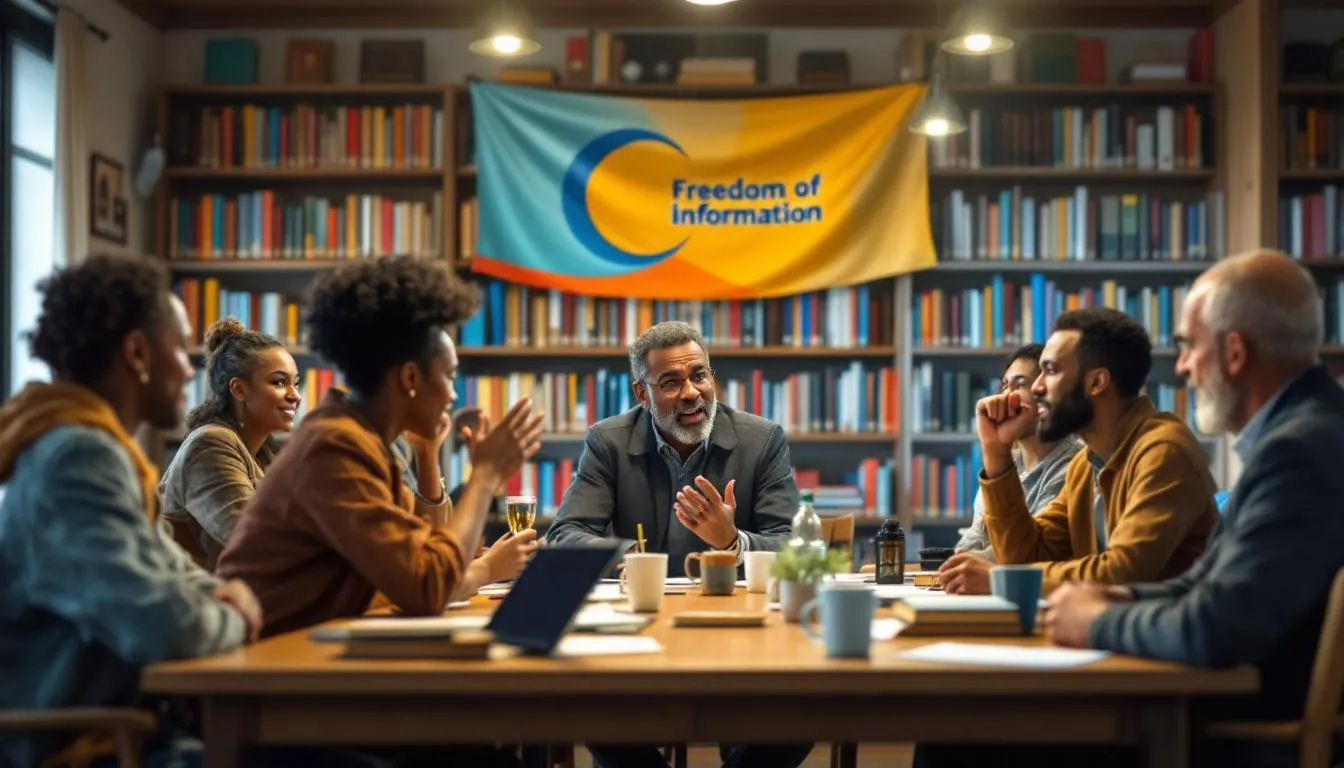Table of Contents
Introduction to Amway and Multi-Level Marketing
Have you ever heard of Amway? It’s a name that frequently arises in discussions about multi-level marketing (MLM). Picture a business model where selling products is just the beginning. The core is about building a network of people who also sell products, allowing you to earn from both your sales and your recruits’ sales. Amway, as a pioneer in this field, has become embedded in various cultures worldwide. However, beneath its polished surface, some practices might raise eyebrows.
Cult-like Practices within Amway
Attending an Amway meeting can feel like entering another world. The atmosphere buzzes with enthusiasm, creating a contagious energy that suggests you’ve discovered a secret to success. Yet, beneath this energy lies a blend of recruitment and indoctrination methods that can resemble cult-like practices.
Consider the endless motivational seminars, where high-energy speeches are delivered by individuals who have climbed the Amway ladder. These gatherings aren’t just about selling soap or vitamins; they’re about selling a dream. I remember attending one with a friend, where the room felt charged with promises of a golden future. To be part of this ‘family’ involves adopting rituals and routines that might seem mundane to outsiders but are integral to Amway culture. From chants of encouragement to meticulously planned pep talks, there’s a rhythm that keeps everyone aligned.
Central to this experience are charismatic leaders. These figures, portrayed as living examples of success through Amway, guide the group much like a shepherd with their flock. Their compelling stories and woven successes create loyalty and admiration among recruits.
While some view these practices as motivational, others find them unsettling. It’s a complex dance of influence and aspiration, where support and control sometimes blur. Further exploration reveals how belief systems and values add another layer to this intricate tapestry.
Religious Influences in Amway
Growing up, I viewed Amway meetings as a mix between a business seminar and a revival meeting. The historical connection between Amway and certain religious movements is both fascinating and surprising. Founders Rich DeVos and Jay Van Andel infused their Christian values into the business ethos, creating a community bound by shared beliefs and goals.
In these gatherings, speakers often draw parallels between business and spiritual journeys, quoting scriptures or sharing faith experiences. I recall one speaker likening perseverance in Amway to biblical figures facing trials. This blend of motivational speech and sermon left many nodding in agreement.
Personal testimonies are central to this fusion. Members often share how faith guided their lives and Amway paths. A friend once recounted how a prayer session during a tough month helped him push through and meet his goals. These stories foster unity and purpose, paralleling spiritual salvation with business success.
This spiritual dimension adds complexity to the Amway experience, affecting not just adults but also children. As we turn our focus to the younger generation, the effects of growing up in such an environment become evident.
Psychological Impact on Children
Growing up in an Amway-influenced household can be a roller coaster for children. Imagine being a kid in a high-octane sales environment where the hustle never stops. It’s a perpetual buzz of ambition and optimism. While adults chase dreams, kids navigate a confusing and overwhelming landscape.
The pressure to succeed can trickle down to the youngest family members. Witnessing constant goal-setting, product pitches, and recruiting can instill urgency and competitiveness. This high-pressure environment might feel like an adventure but also a source of stress, impacting emotional and cognitive development.
Children may struggle with identity and self-worth, feeling pressured to meet their Amway-involved parents’ standards. A friend who grew up in such a family shared how difficult it was to reconcile personal interests with family goals. He felt torn between fitting in with peers, unfamiliar with terms like “upline,” and meeting expectations at home, which included attending motivational meetings instead of soccer practice.
Former members often discuss the lasting effects of their childhood experiences. One individual noted how the emphasis on success and wealth left him feeling inadequate when pursuing a career outside MLM. These stories highlight the complex emotional landscape children navigate, often alone.
As we explore family dynamics, the impact of these practices on relationships becomes evident.
Family Dynamics and Relationships
Being part of an Amway family often alters traditional roles and responsibilities. Picture this: instead of family dinners or game nights, evenings are filled with business meetings or training sessions. The kitchen table becomes a strategic planning hub, and family outings transform into recruitment opportunities. During a visit to a family deeply involved in Amway, I found their kids well-versed in the product catalog, capable of pitching products with ease—a bit surreal yet impressive.
This business-centric lifestyle can strain familial bonds. The demands of maintaining and growing an MLM network often reduce time for personal connections. Imagine parents constantly glued to their phones, networking or closing deals, while children yearn for attention. This scenario can lead to feelings of neglect or resentment. A teenager once expressed frustration over weekends consumed by Amway events, leaving little room for personal pursuits or downtime.
Over time, these altered roles and strained relationships can leave lasting marks. Some children grow up feeling disconnected from parents, who become more like business partners than caregivers. This shift can lead to complex emotions, impacting relationships well into adulthood. The focus on business success and external validation might overshadow personal relationship nurturing, leaving emotional distance.
Examining these dynamics reveals insights into human resilience and adaptability.
Long-term Impact on Participants
Former Amway members often carry a complex psychological legacy. Immersion in a high-pressure environment, where every conversation could be a business opportunity, can leave lasting marks. A woman deeply involved in Amway once described her transition out as emerging from a fog—suddenly seeing life from a different perspective. The quest for success had skewed her self-worth, tied to business achievements.
Financially, the impact can be profound. The dream of untold riches often contrasts with reality. Many former participants share stories of financial strain, where the costs of maintaining the business surpassed profits. A neighbor invested significant savings into inventory and training, only to find returns didn’t match promises. This financial pressure can ripple into personal relationships, creating tension and stress. The pursuit of a dream sometimes leaves families grappling with debt and unmet expectations.
Yet, amidst challenges, stories of recovery and resilience emerge. People find new paths, often reconnecting with personal passions or pursuing new careers. Support groups and therapy play a pivotal role in healing, helping individuals reclaim identities and rebuild lives. One inspiring story is of a man who, after leaving Amway, channeled his entrepreneurial spirit into a successful small business aligned with his values. His journey of rediscovery and growth is a testament to human resilience.
Reflecting on these experiences opens a broader conversation about awareness and informed choices.
Conclusion and Call to Awareness
Reflecting on the journey through Amway’s complex world, it’s evident that its impact on families and childhood is profound. From cult-like dedication to the intertwining of faith and business, these elements shape lives powerfully. It’s crucial to foster dialogue and conduct more research to better understand these dynamics. For those affected, resources and support groups are available to navigate the aftermath of MLM involvement. Let’s commit to informed choices and support one another, ensuring paths forward guided by awareness and compassion. Embrace this journey with open hearts and minds.







